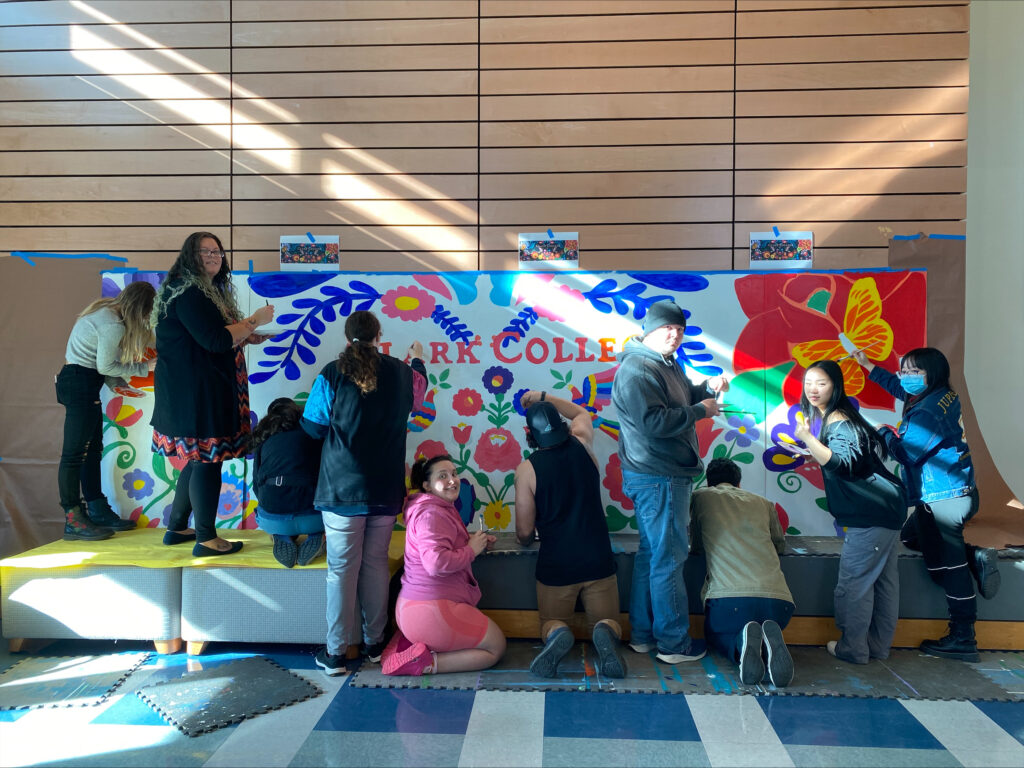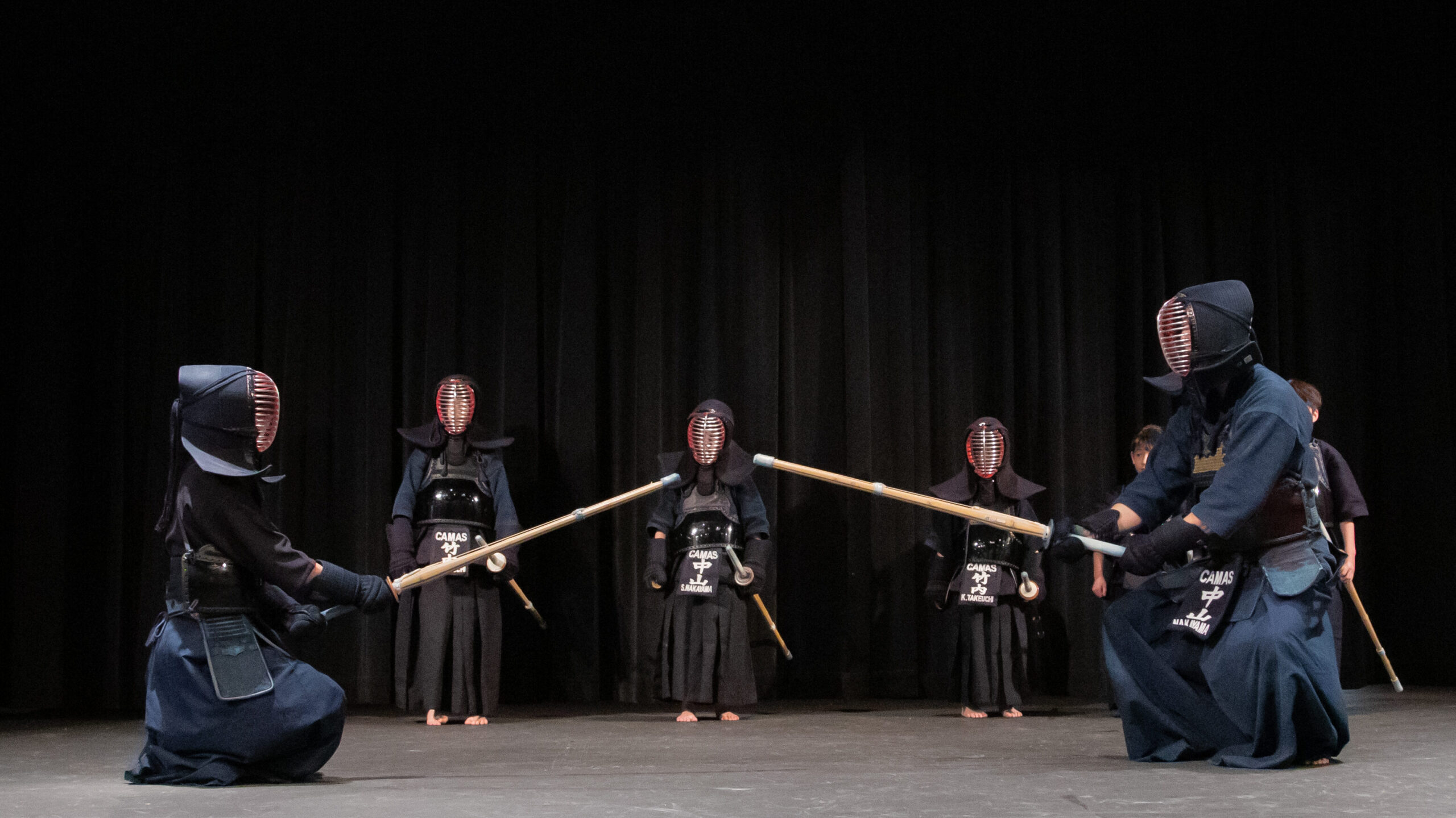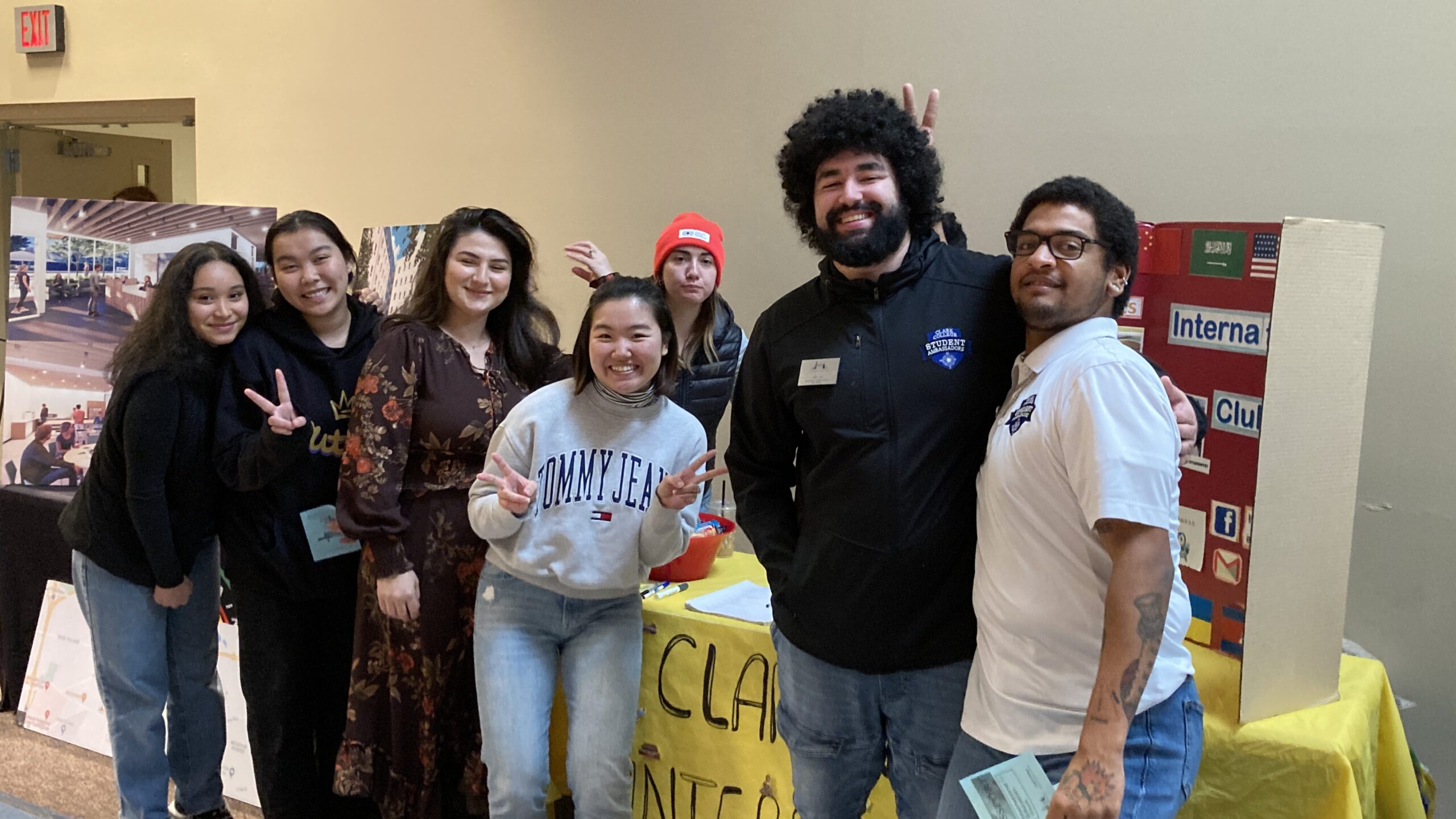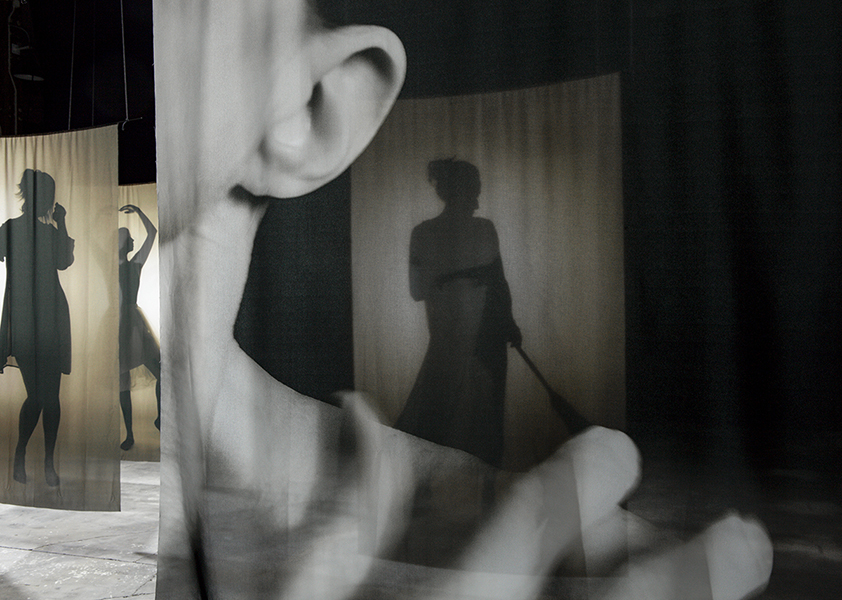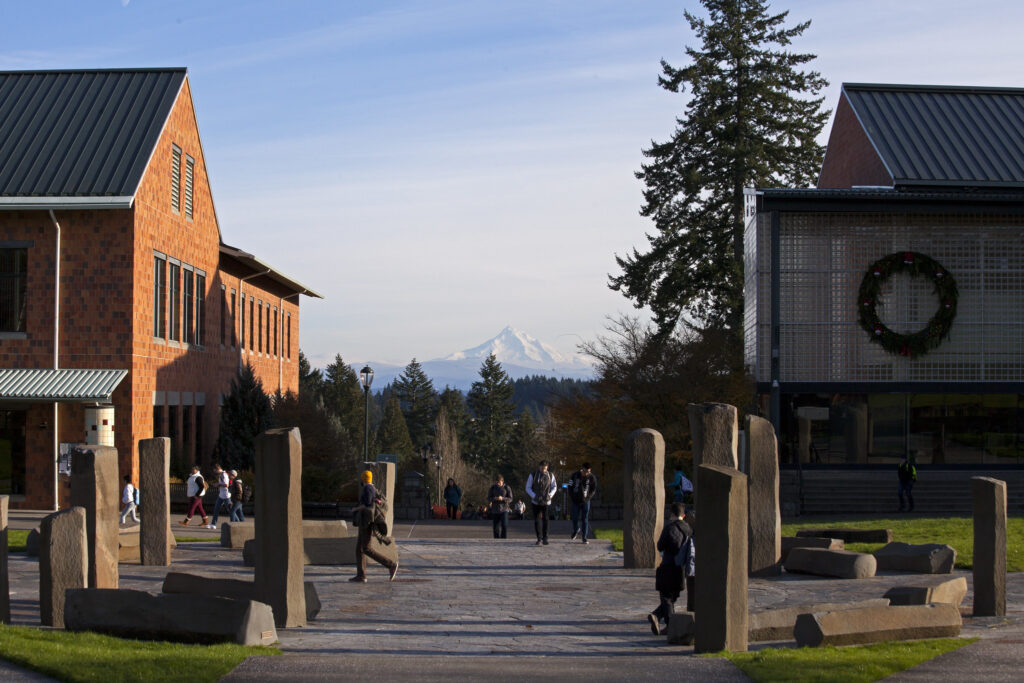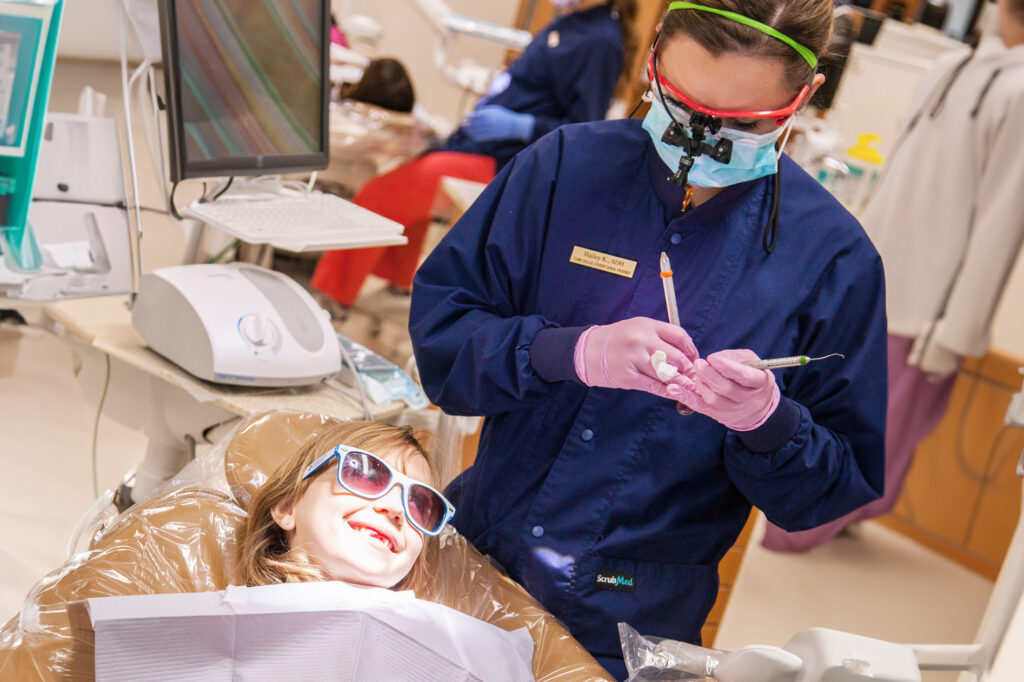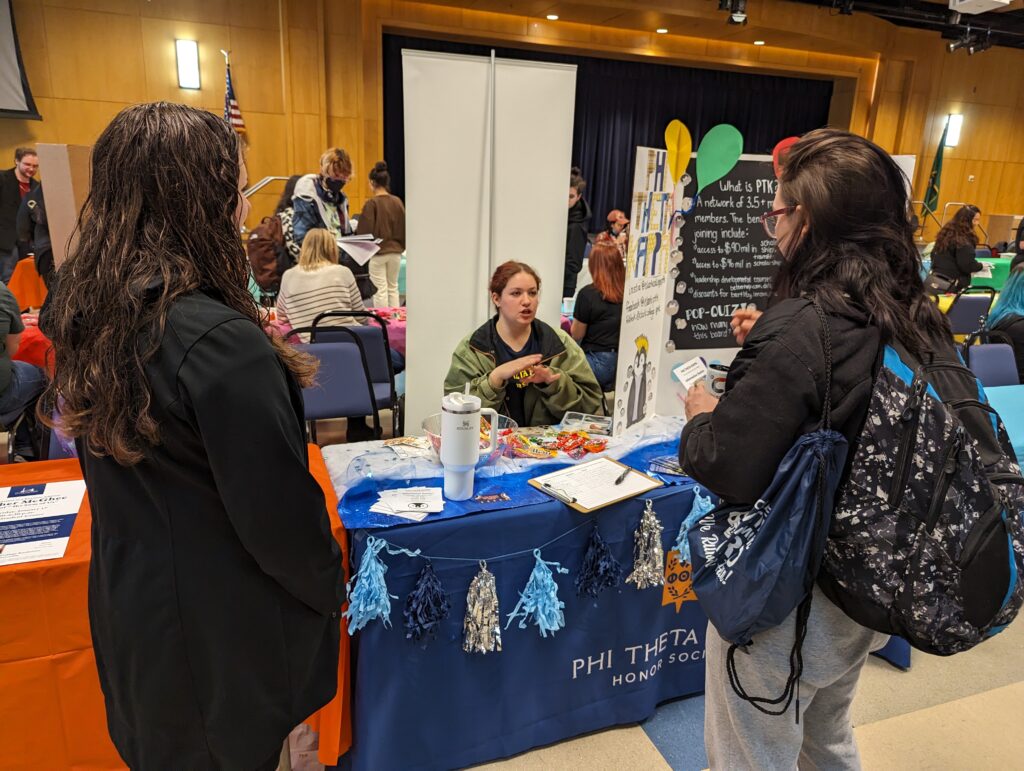Bee Campus
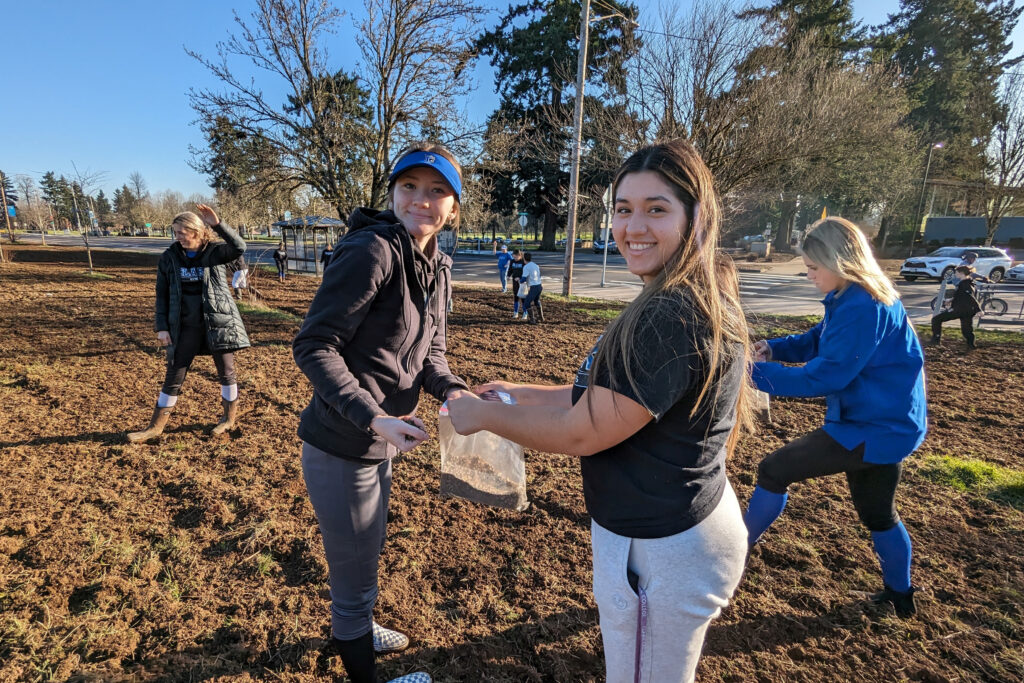
In the sloping field between McLoughlin Boulevard and the softball field, the Penguin softball team gathered around Steven Clark, biology professor, and Bee Campus project manager.
First, he talked for a few minutes about the importance of native bees. He told them Clark is a certified Bee Campus that plants native wildflowers to attract native pollinators.
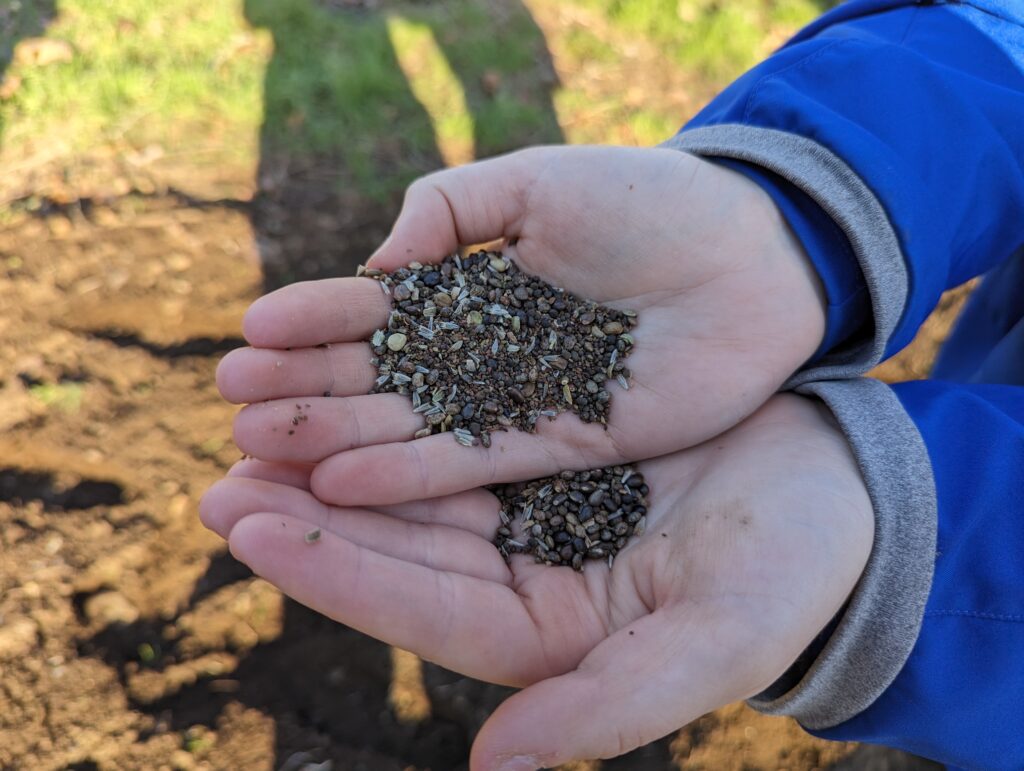
Because native wildflower seeds are expensive, costing about $160 per pound, Professor Clark explained the importance of scattering a handful of seeds over a wide area. Holding a sack of native wildflower seeds, he demonstrated the preferred seed-sowing technique.
Then directing the players to form a line and spread out, he walked down the line as each player grabbed a handful of seeds.
Sweeping their arms back and forth, the softball teammates sowed seeds as they walked uphill. With so many hands helping, the job was quickly completed.
The Penguin softball team was just one group of students, faculty, and staff who helped Professor Clark sow 18 pounds of seeds on about three acres in several areas around campus in mid-February. All these areas were seeded last spring, too.
As winter turns to spring and warmer weather arrives, the seeds will sprout. Wildflowers will bloom. The bees will emerge from being dormant underground and will feast on wildflower pollen.
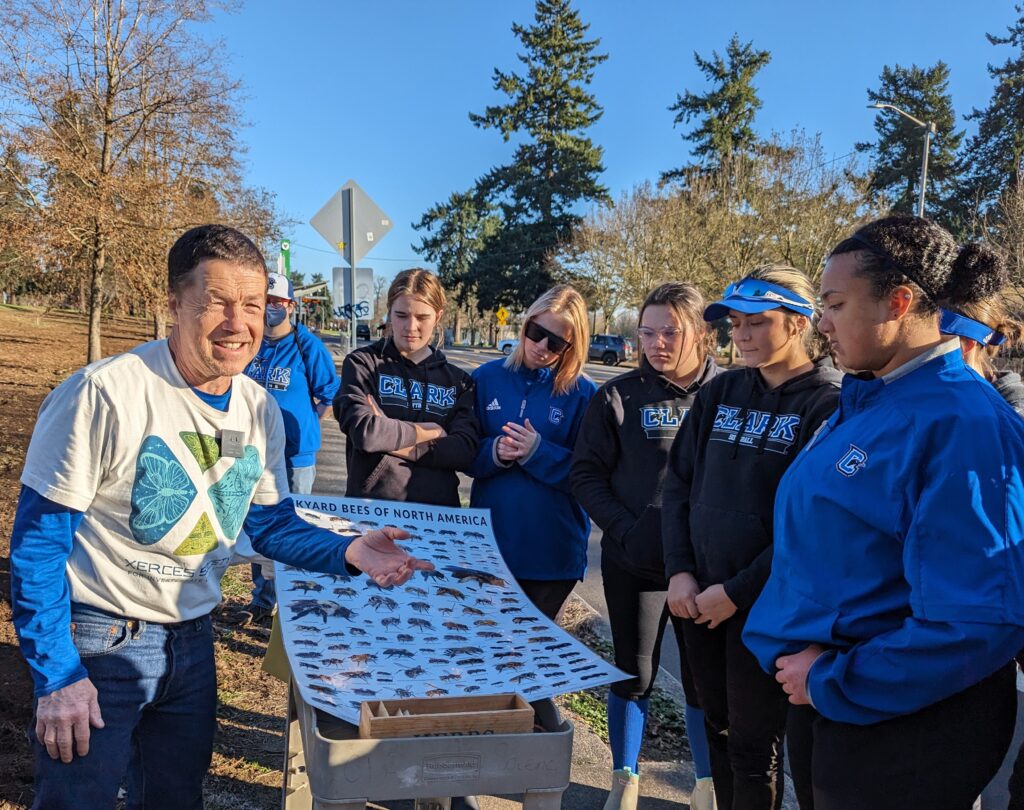
Bee campus by the numbers:
- Acres sown with native wildflower seeds: 3
- Pounds of seeds sown: 18
- Informational Bee Signs around campus: 11
Campus Bee Gardens include:
- STEM Building
- Clark College Foundation
- Foster Hall
- Baird Administration
- Clark College sign at McLoughlin Blvd. and Fort Vancouver Way
- McLoughlin Blvd. and softball field (across from Marshall Community Center)
- And more
Certified Bee Campus
In April 2023, Clark College earned certification as a Bee Campus affiliate, becoming the fifth college in Washington to earn that distinction. A Bee Campus USA affiliate is a college campus that includes a bee habitat.
In the spring of 2023, students, staff, visitors, and, importantly, bees, saw native flowers sprouting up in gardens across campus. These flowers and natural areas where bees can make nests and lay eggs are helping Clark establish this bee habitat. Clark College—and other Bee Campus USA affiliates—show that the built environment (such as campuses, neighborhoods, city parks, and even roadsides) can feature a thoughtful design that allows bees to thrive in shared areas.
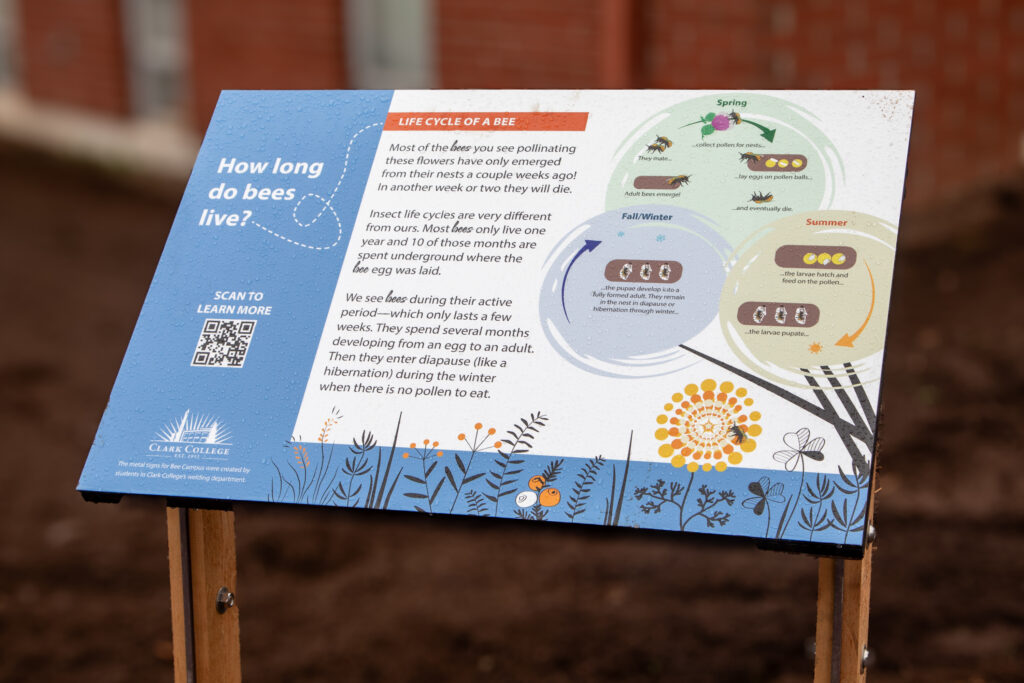
What’s happening with the Bee Campus in 2024?
Tilling the soil: Last fall after the wildflowers had finished blooming, aggressive non-native grass overwhelmed many of the Bee Gardens. Tilling disrupts the non-native grasses, so they do not overwhelm flowers.
Planting more flower seeds: The flowers from last summer self-seeded into the soil, reducing the number of seeds that needed to be sown this spring. However, tilling the soil drove some seeds too deep into the soil to germinate, so Professor Clark ensured some extra seeds were sown.
Bee signs: Eleven informational bee signs were erected around campus last December. Now people can read about the biology of bees, where they nest, what they eat, how many species we have, and much more.
Native bees in winter: It’s unlikely to see bees on campus this winter because the bees are safe underground. Most of the adult bees that flew from flower to flower last spring and summer have died, but the eggs they laid (mostly underground) have hatched and are progressing toward adulthood. They will develop into adult bees this winter, but the new adult bees will stay underground until the flowers bloom. Although thousands of bees are on campus right now, they are dormant underground and are waiting for the flowers of spring.
Learn more at Bee Campus (clark.edu)
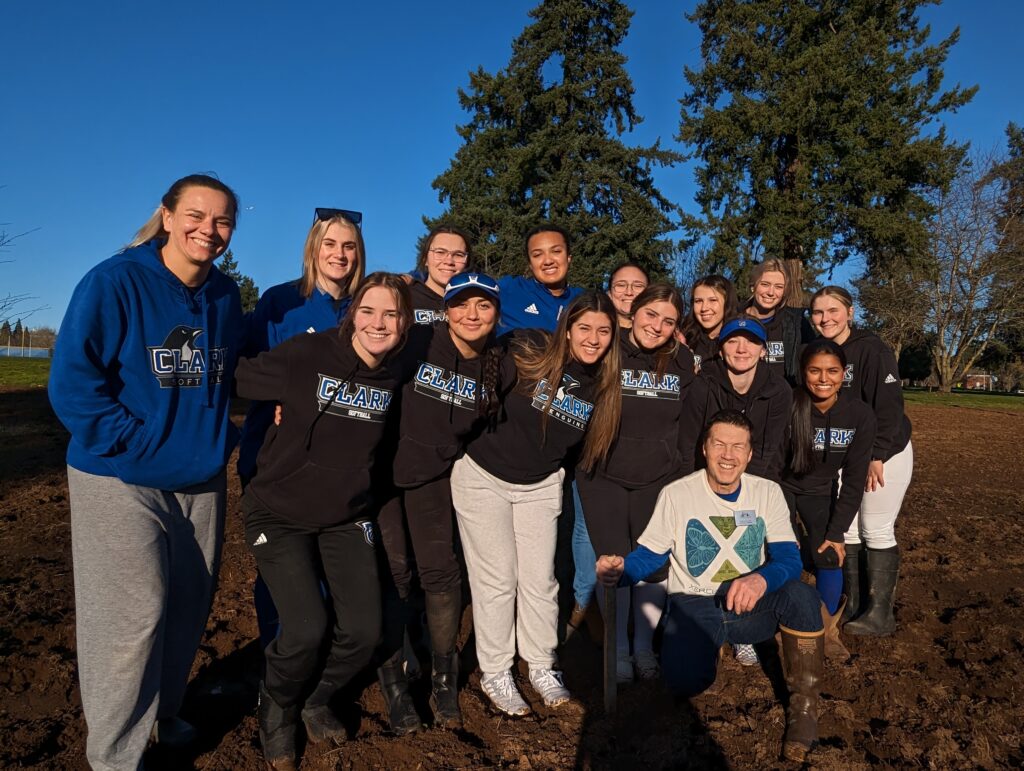
Photos: Clark College/Susan Parrish
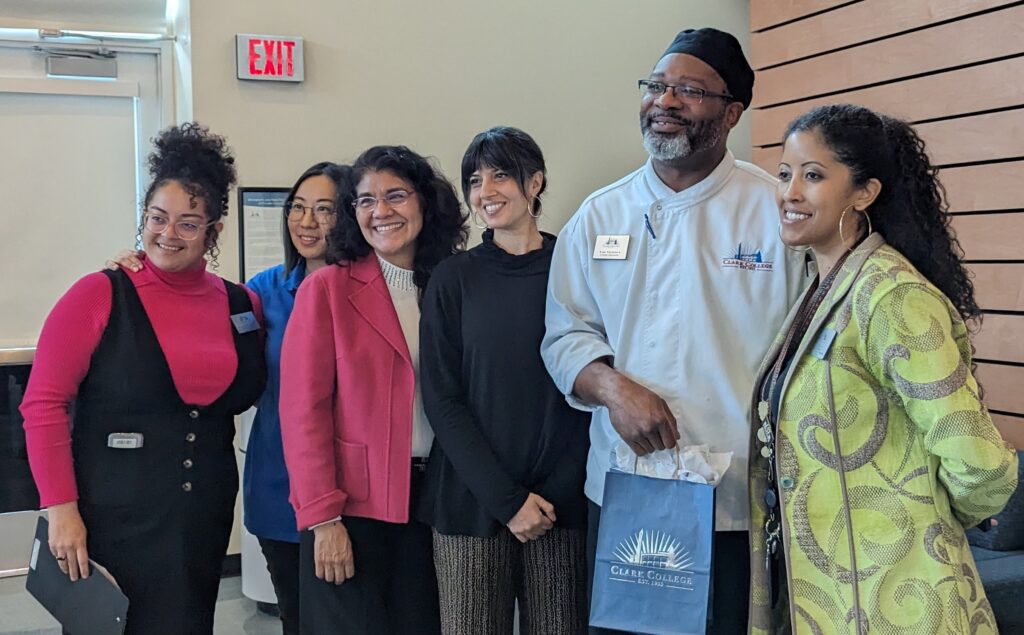
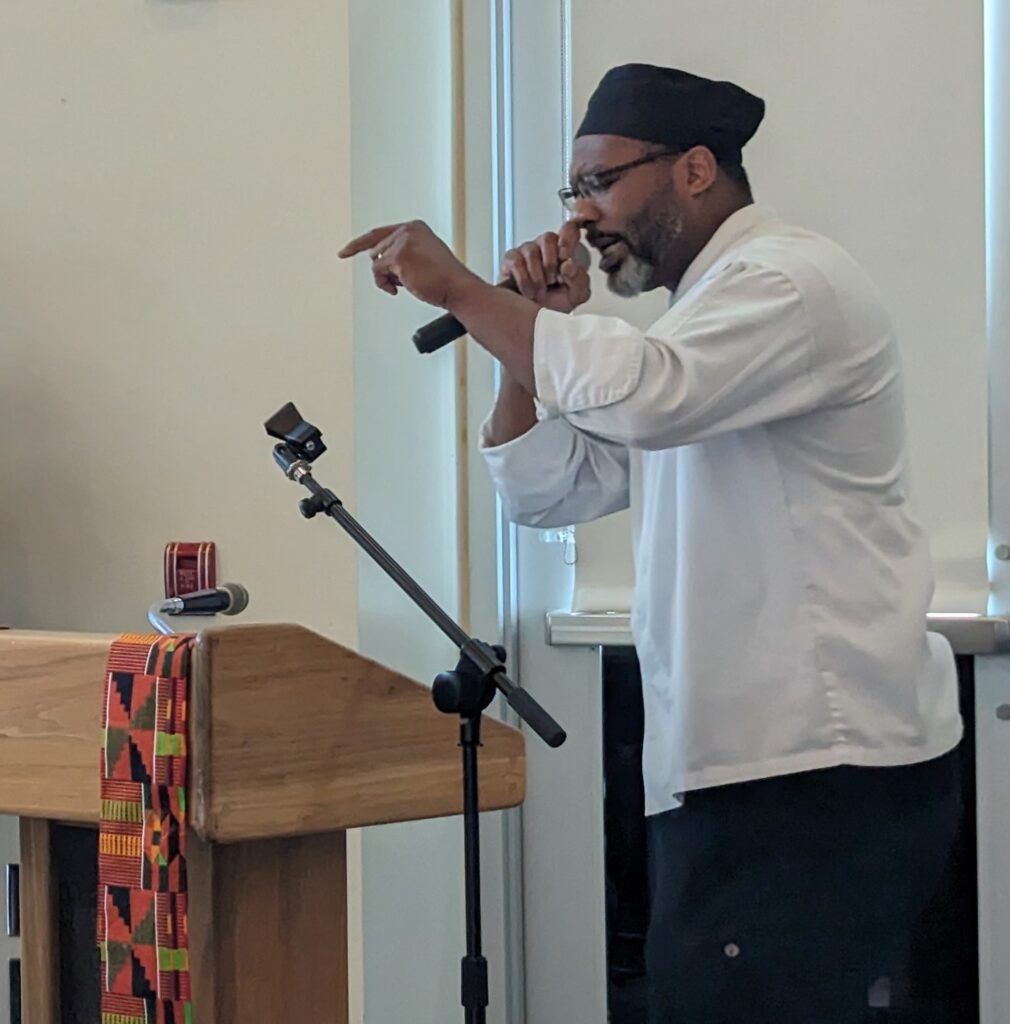



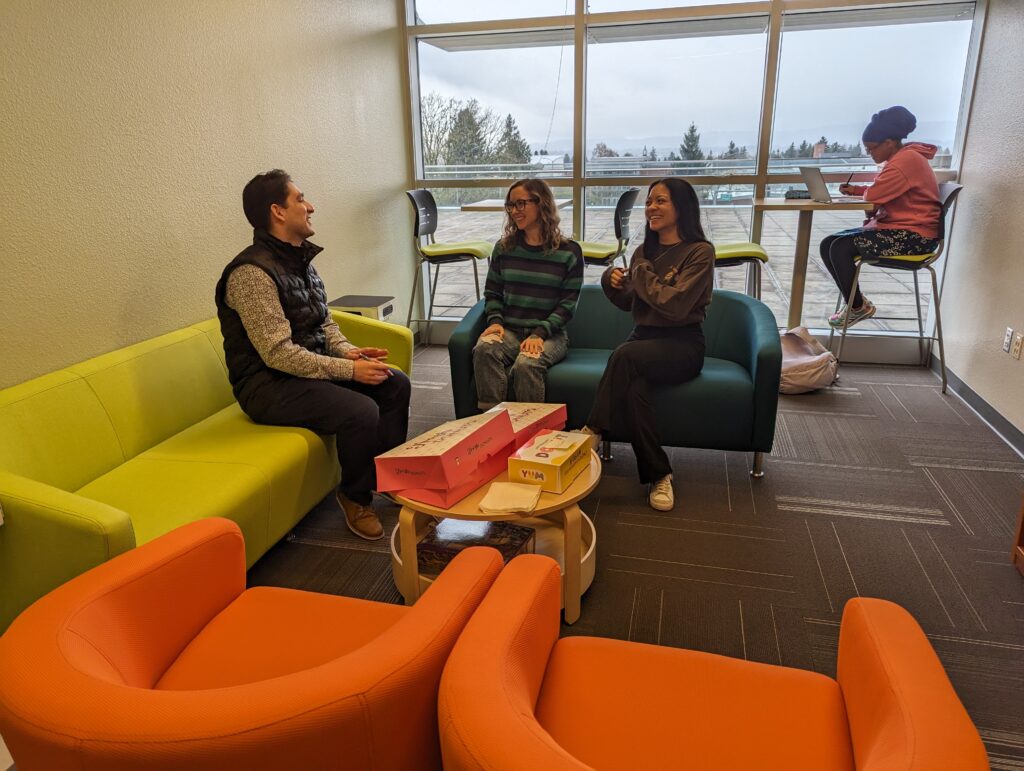




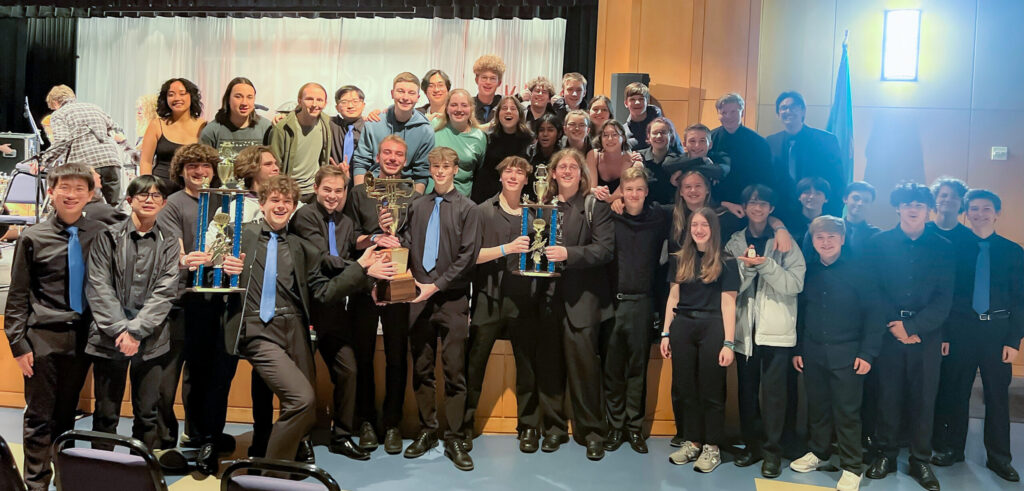
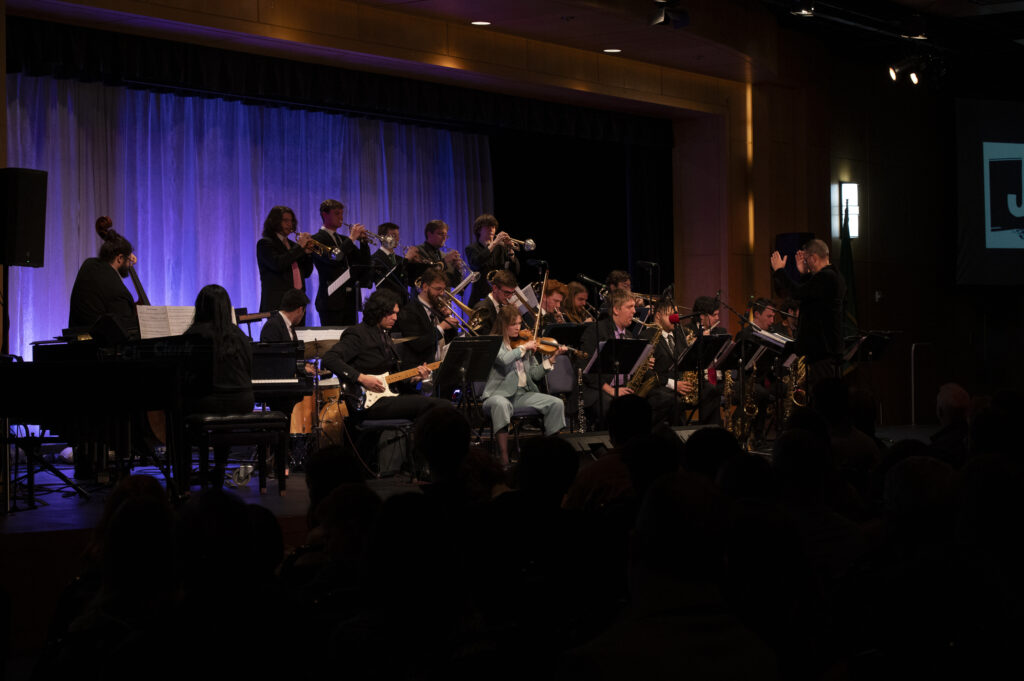

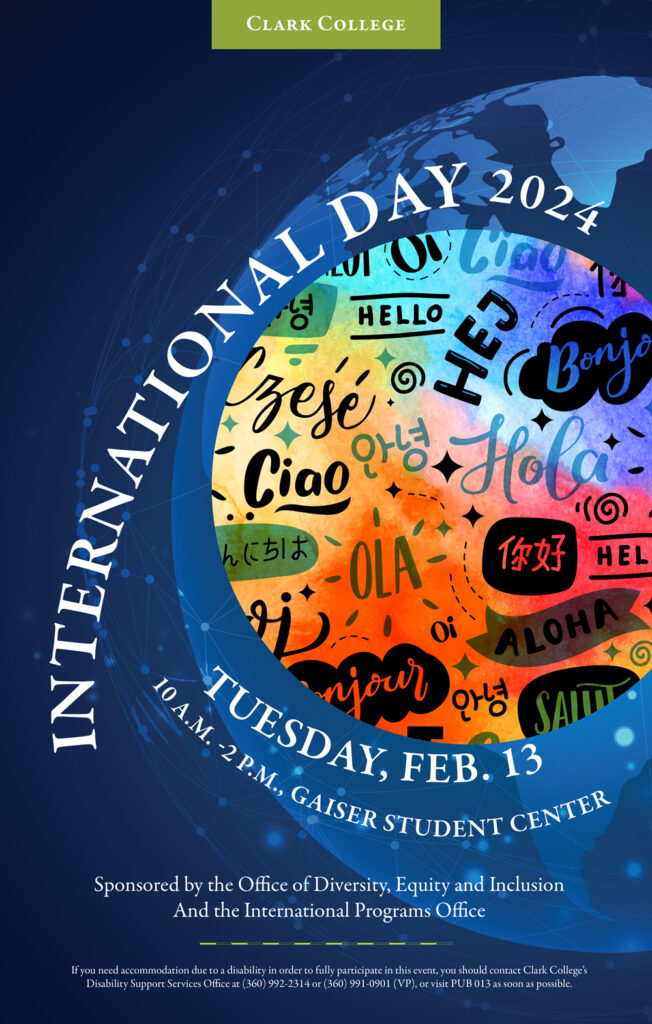
 Would you like to hear from some of the 57 international students who are enrolled at Clark and hear about their experiences at Clark?
Would you like to hear from some of the 57 international students who are enrolled at Clark and hear about their experiences at Clark? 